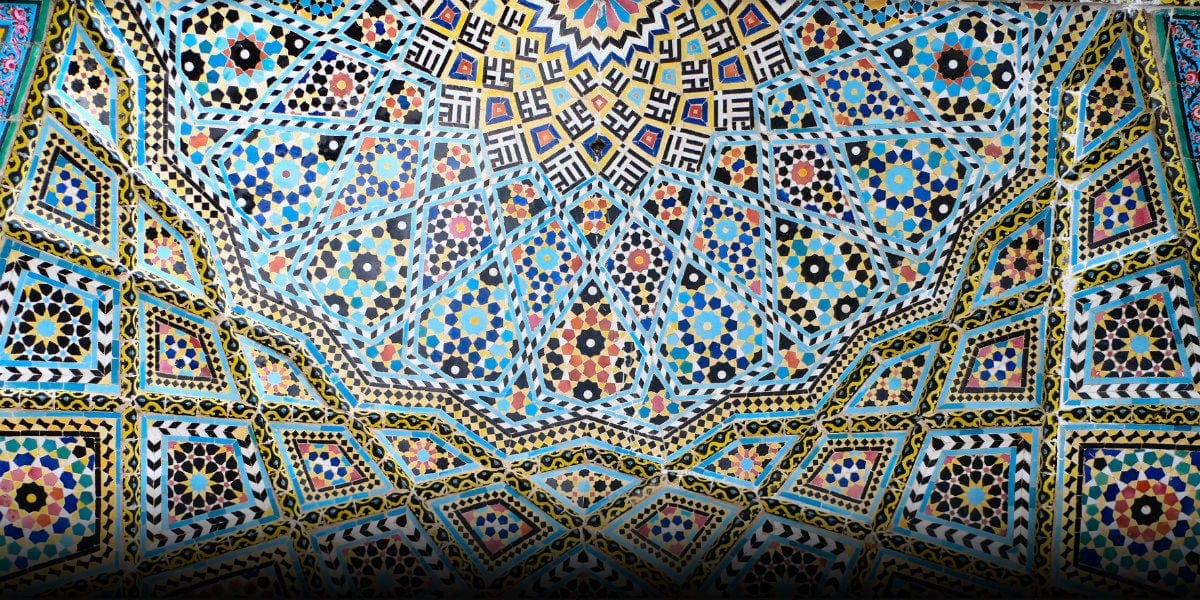Muharram & New Beginnings, a sermon by Shaykh Abdal Hakim Murad
‘Think not of those who are slain in the way of Allah as dead. Nay they are living! With their Lord they have provision. Jubilant are they because of that which Allah hath bestowed upon them of His bounty, rejoicing for the sake of those who have not joined them but are left behind: that there shall no fear come upon them neither shall they grieve. They rejoice because of favour from Allah and kindness, and that Allah wasteth not the wage of the believers’. Surah Al-Imran Verses 169-171
Shaykh Abdal Hakim Murad began his khutba by noting that shahada is not to be simply translated as martyrdom, but rather an act of ultimate sincerity and testimony. In the pre-Islamic period a death was a cataclysmic event, but tawhid brought with it the knowledge that as you die, you pass through the veil towards God Himself. This is why the martyr is shaheed, witnesser, as he lays down his life knowing where his destiny lies.
Shaykh Abdal Hakim then went on to explore the themes of the Holy Month of Muharram, a month where acts are subjected further to the Divine Scrutiny, especially in the first 10 days and none more so than on the 10th: Ashura. The history books – sometimes verifiably, sometimes less so – tell of an Ancient day resonating through the ages with tremendous affairs: the day of the Exodus of Musa, the day Allah relented toward Adam, the end of the Flood of Nuh, the day Sulayman was crowned, the day Allah relented toward Dawud, the day Isa was born, may Allah’s peace be on them all. The thread that runs through all these events is one of spiritual renewal, a movement from sin toward obedience, shadows to light.
The day was also of course the day upon which the most tragic event in the history of Islam after the death of the Prophet, peace and blessings of Allah be upon him, occurred. The events of the dread day of Karbala are well known and the shaykh recounted them, but he moves on to ask ‘what should be the monotheistic response to this apparently terminal and unimaginable disaster?’ Of course grief and sorrow spring forth. But hanging onto the thread of spiritual renewal we note that the Prime Minister of Turkey, Recep Erdogan gave an Ashura speech last year when he noted that “Karbala is a sign of Unity, everybody agrees on the principle of it, nobody supports the killing, nobody takes the side of the killers”.
The shaykh went onto note how Karbala – not just Ashura – is commemorated by the Sunni population in Istanbul, for example at the Sunbil Sinan Pasha Camii in Koca Mustafa Pasha district, where thousands take part in mersiye (lament) poems and read a khatm of the Qur’an for the shuhada of that day. What emerges from these gatherings is a feeling of optimism and joy, spurred on by the words of Allah “they are alive in the presence of their Lord, receiving sustenance”. To the extent of what we believe about shahada, something in us is glad. We grieve because those we love are no longer here and their relatives suffer, but in our heart of hearts we rejoice for they have moved through this Vale of Tears and are in the presence of their Lord, in the highest of gatherings.
Listen to this sermon on the SeekersHub podcast. Re-published with sincere gratitude to the excellent cambridge khutbas etc. site. Support the New Cambridge Mosque Appeal.
[cwa id=’cta’]
Resources for seekers
- ADVICE: Bidding Farewell to this Year and Welcoming a New Year
- Challenges and Choices: Lessons from the Great Day of Ashura
- Virtues of the Sacred Month of Muharram, Its First Ten Days, and the Day of Ashura
- Is it Forbidden to Buy New Clothes During Muharram?
- Challenges and Choices: Lessons from the Great Day of Ashura
- Muharram & New Beginnings, a sermon by Shaykh Abdal Hakim
- Can I Combine My Intentions for a Missed Ramadan Fast and An Optional Fast?
